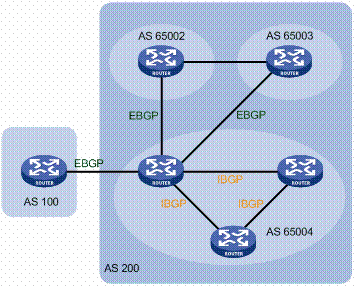IP prefix hijacks allow adversaries to redirect and intercept traffic, posing a threat to the stability and security of the Internet. To prevent prefix hijacks, networks should deploy RPKI and filter bogus BGP announcements with invalid routes. In this work we evaluate the impact of RPKI deployments on the security and resilience of the Internet. We aim to understand which networks filter invalid routes and how effective that filtering is in blocking prefix hijacks. We extend previous data acquisition and analysis methodologies to obtain more accurate identification of networks that filter invalid routes with RPKI. We find that more than 27% of networks enforce RPKI filtering and show for the first time that deployments follow the business incentives of inter-domain routing: providers have an increased motivation to filter in order to avoid losing customers' traffic. Analyzing the effectiveness of RPKI, we find that the current trend to deploy RPKI on routeservers of Internet Exchange Points (IXPs) only provides a localized protection against hijacks but has negligible impact on preventing their spread globally. In contrast, we show that RPKI filtering in Tier-1 providers greatly benefits the security of the Internet as it limits the spread of hijacks to a localized scope. Based on our observations, we provide recommendations on the future roadmap of RPKI deployment. We make our datasets available for public use [https://sit4.me/rpki].
翻译:IP前缀劫持可以让攻击者重定向和拦截流量,对互联网的稳定性和安全性构成威胁。为了防止前缀劫持,网络应该部署RPKI并使用无效路由过滤虚假BGP通告。在这项工作中,我们评估了RPKI部署对互联网安全和稳健性的影响。我们的目标是了解哪些网络过滤无效路由,以及该过滤对阻止前缀劫持的有效性。我们扩展了先前的数据采集和分析方法,以获得更准确的RPKI无效路由过滤网络的识别。我们发现超过27%的网络实施了RPKI过滤,并首次展示了部署遵循域间路由的业务激励:提供商有增加过滤的动机,以避免失去客户的流量。通过分析RPKI的有效性,我们发现目前在互联网交换点(IXP)的路由服务器上部署RPKI的趋势仅提供本地保护,但对于防止其在全球范围内传播几乎没有影响。相反,我们显示在一级提供商中过滤RPKI极大地有益于互联网的安全,因为它将劫持的传播限制在本地范围内。基于我们的观察,我们提供了RPKI部署的未来路线图的建议。我们提供我们的数据集供公众使用 [https://sit4.me/rpki]。




